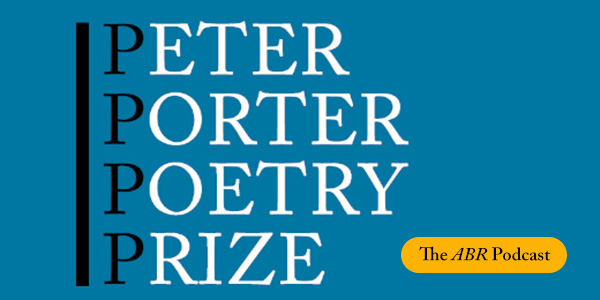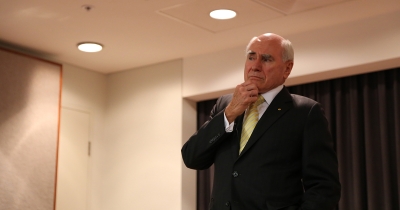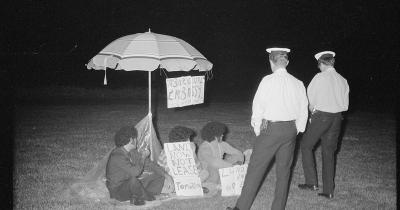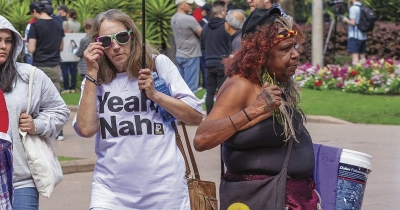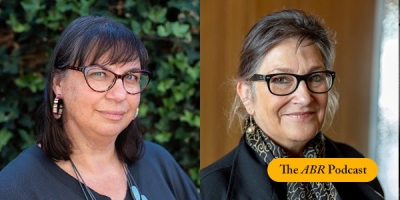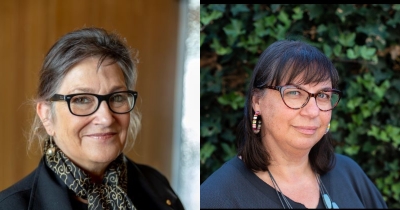Accessibility Tools
- Content scaling 100%
- Font size 100%
- Line height 100%
- Letter spacing 100%
Voice to Parliament
The ABR Podcast
Released every Thursday, the ABR podcast features our finest reviews, poetry, fiction, interviews, and commentary.
Subscribe via iTunes, Stitcher, Google, or Spotify, or search for ‘The ABR Podcast’ on your favourite podcast app.
2025 Peter Porter Poetry Prize Shortlist
Read by the poets
This week on The ABR Podcast we feature the 2025 Peter Porter Prize shortlisted poems, as read by the five poets, published in the January-February issue of ABR.
Recent episodes:
Why did Australia vote against the Voice referendum?
... (read more)The defeat of the proposal in the recent Aboriginal constitutional referendum was unsurprising given the forces at work, which I discussed in ‘A Referendum in Trouble’ (ABR, July 2023). Most importantly, it lacked the support of the Liberal and National parties once their leaders decided to oppose it, largely for partisan purposes.
... (read more)Do you know whether Aboriginal and Torres Strait Islander peoples are recognised in your state Constitution? If you responded with a mental shrug and a muttered ‘No idea’, then you would fall within the vast majority. In fact, from 2004 to 2016, each Australian state amended its Constitution to insert recognition of their Indigenous peoples. Yet the effect has been negligible and hardly anyone knows it happened. Why?
... (read more)In this week’s ABR Podcast, we hear from Melissa Castan and Lynette Russell on the history and mechanics behind the Voice to parliament, the subject of next week’s referendum. Melissa Castan is a Professor of Law at Monash University and the Director of the Castan Centre for Human Rights Law. Lynette Russell is Sir John Monash Distinguished Professor and ARC Laureate at the Monash Indigenous Studies Centre. Listen to Lynette Russell with their co-authored article, ‘Ancient sovereignty shining through: A Voice to parliament, not a Voice in parliament’, published in the October Indigenous issue of ABR.
... (read more)On many occasions throughout our nation’s history, change seemed imminent, perhaps even just on the horizon, but it has always receded into the distance. The instigation and then closure of successive important representative organisations such as the National Aboriginal Consultative Committee, the National Aboriginal Conference, the Aboriginal and Torres Strait Islander Commission, and the National Congress of Australia’s First Peoples illustrate the impacts of electoral politics and the vagaries of political ideologies. Each decade seems to have brought a different structure, some more and some less representative than others. But there has been little continuity or coherence, in either the national or state administrative and political arrangements, in addressing the specific concerns of Indigenous people.
... (read more)
